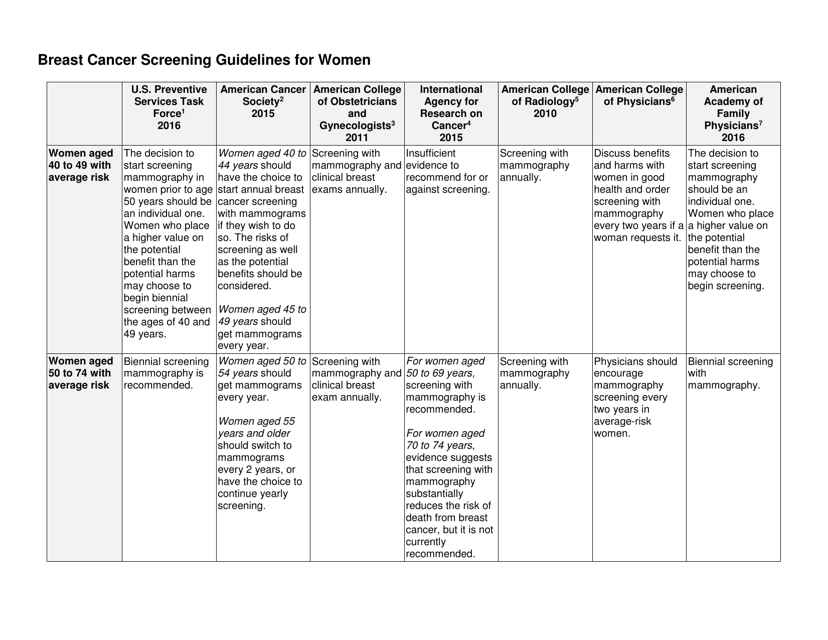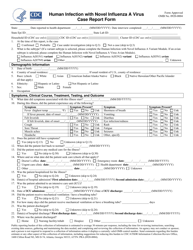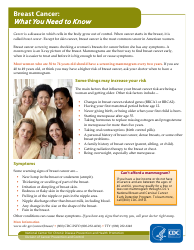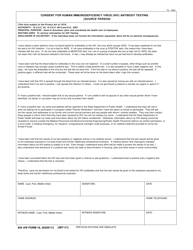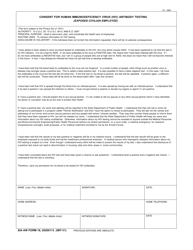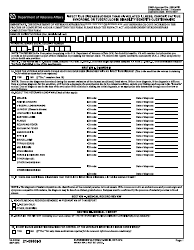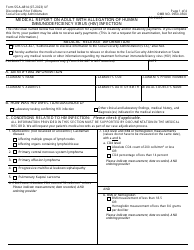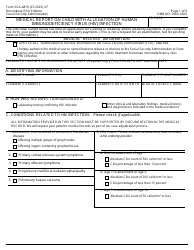This version of the form is not currently in use and is provided for reference only. Download this version of
the document
for the current year.
Breast Cancer Screening Guidelines for Women
Breast Cancer Screening Guidelines for Women is a 4-page legal document that was released by the U.S. Department of Health and Human Services - Centers for Disease Control and Prevention on January 1, 2016 and used nation-wide.
FAQ
Q: At what age should women start getting screened for breast cancer?
A: Most guidelines recommend starting at age 40 or 50.
Q: How often should women get screened for breast cancer?
A: Screening is typically done every 1-2 years, but some guidelines recommend annual screenings.
Q: What are some common breast cancer screening methods?
A: Mammograms are the most common method. Other methods include clinical breast exams and self-exams.
Q: Are there any specific risk factors that affect breast cancer screening recommendations?
A: Yes, factors like family history, genetic mutations, and personal history of breast cancer can impact screening recommendations.
Q: Are there any alternative screening methods available for women who are at high risk?
A: Yes, options like MRI or ultrasound may be recommended in addition to mammograms for high-risk women.
Q: Are there any age limits for breast cancer screening?
A: No, there is no upper age limit for breast cancer screening. Women should discuss with their healthcare provider about continuing screenings after age 75.
Q: What should women do if they find a suspicious lump during self-exam?
A: Women should contact their healthcare provider immediately if they find a new, persistent lump or any other breast changes.
Q: Do breast cancer screening guidelines differ between the US and Canada?
A: Yes, guidelines may vary slightly between the two countries, so it's important to follow the recommendations of your respective country's health authorities.
Q: Why is breast cancer screening important?
A: Early detection through screening can lead to earlier treatment, which may improve outcomes and survival rates for women with breast cancer.
Q: Are there any potential risks or limitations associated with breast cancer screening?
A: Some risks include false-positive results, which can lead to unnecessary follow-up tests or procedures, and false-negative results, which may miss some cancers.
Form Details:
- The latest edition currently provided by the U.S. Department of Health and Human Services - Centers for Disease Control and Prevention;
- Ready to use and print;
- Easy to customize;
- Compatible with most PDF-viewing applications;
- Fill out the form in our online filing application.
Download a printable version of the form by clicking the link below or browse more legal forms and templates provided by the issuing department.
